Prune bareroot blueberry immediately after planting?
appletree729
10 years ago
Related Stories
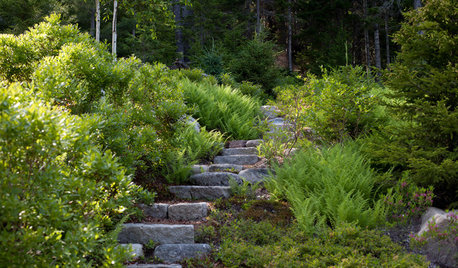
GARDENING GUIDESGreat Design Plant: Grow Blueberries for Their Fruit and More
Eastern gardeners should consider growing blueberry plants for their delicious fruits, bee-friendly spring blooms and brilliant fall foliage
Full Story
WINTER GARDENINGPruning Secrets for Exquisite Roses
Encourage gorgeous blooms year after year with this time-tested advice on how to prune your rosebush in winter for health and shape
Full Story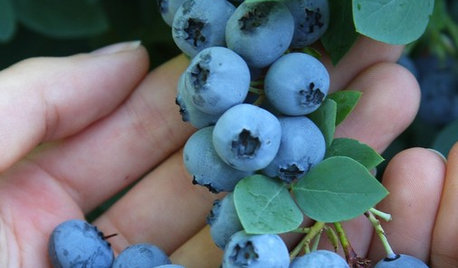
EDIBLE GARDENSSummer Crop: How to Grow Blueberries
Plant blueberries in spring or fall for garden beauty through three seasons — and a sweet superfood in summer
Full Story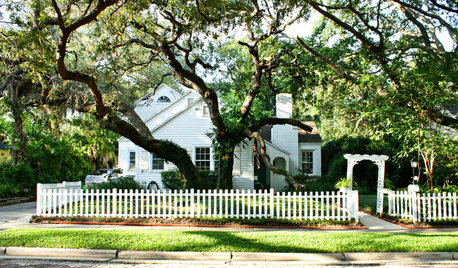
TREESGreat Design Plant: Southern Live Oak Offers an Unbeatable Canopy
Keep it dense or prune it for more light. No matter how you grow Quercus virginiana, it’s a majestic addition to its native landscape
Full Story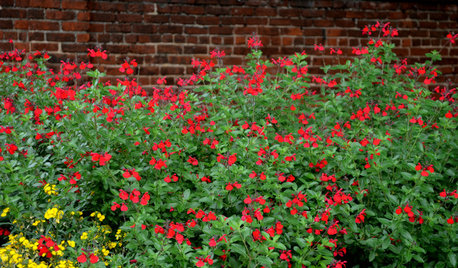
GARDENING GUIDESGreat Design Plant: Autumn Sage Brings Color and Butterflies
Whether you live in the arid desert or the humid South, you'll likely find this deer-resistant beauty as irresistible as winged creatures do
Full Story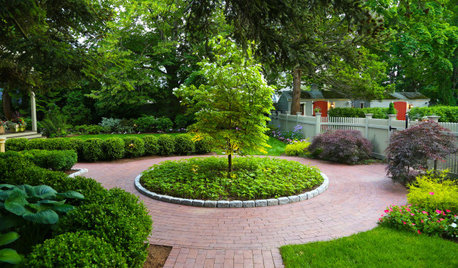
GARDENING GUIDESWhen and How to Plant a Tree, and Why You Should
Trees add beauty while benefiting the environment. Learn the right way to plant one
Full Story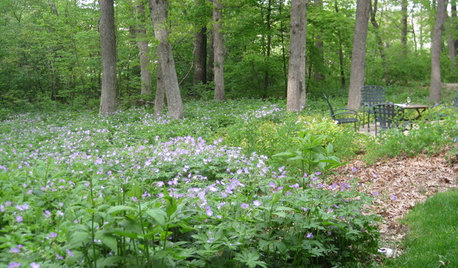
GARDENING GUIDESWe Bust 4 More Native Plant Myths
Have you been taken in by these fallacies about gardening with native plants?
Full Story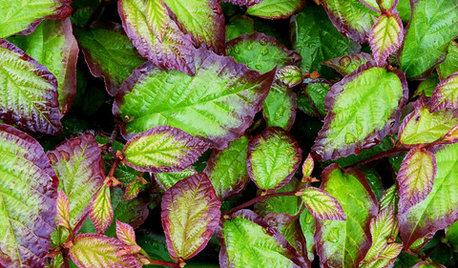
GARDENING GUIDES7 New Plants to Grow for Beautiful Foliage
Add color, structure and interest to your garden with these recently introduced plants that sport exceptional foliage
Full Story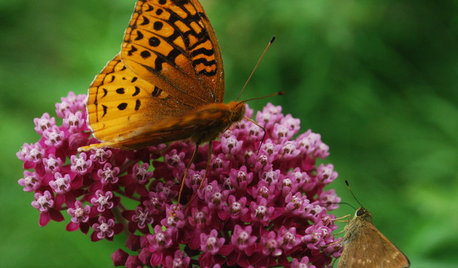
GARDENING GUIDESGreat Design Plant: Asclepias Incarnata for a Butterfly Garden
Beautiful swamp milkweed makes it easy to help monarchs and other pollinators in eastern U.S. gardens
Full Story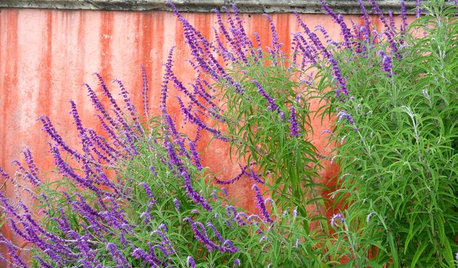
GARDENING GUIDES10 Plants for Colorful Fall Blooms in the Drought-Tolerant Garden
Want fall color but not a big water bill? Consider these not-too-thirsty fall bloomers
Full StorySponsored
Central Ohio's Trusted Home Remodeler Specializing in Kitchens & Baths
More Discussions






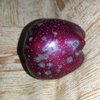

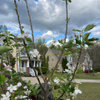
fruitnut Z7 4500ft SW TX
ericwi
Related Professionals
Maple Valley Landscape Architects & Landscape Designers · Lowell Landscape Architects & Landscape Designers · Aloha Landscape Contractors · Andover Landscape Contractors · Ashburn Landscape Contractors · Biloxi Landscape Contractors · Bloomington Landscape Contractors · Ellensburg Landscape Contractors · Lady Lake Landscape Contractors · Lebanon Landscape Contractors · Mercedes Landscape Contractors · North Potomac Landscape Contractors · Old Saybrook Landscape Contractors · Placerville Landscape Contractors · Roseville Landscape Contractorscharina
appletree729Original Author
ericwi
bamboo_rabbit
appletree729Original Author
bamboo_rabbit
charina
charina
Embothrium
bamboo_rabbit